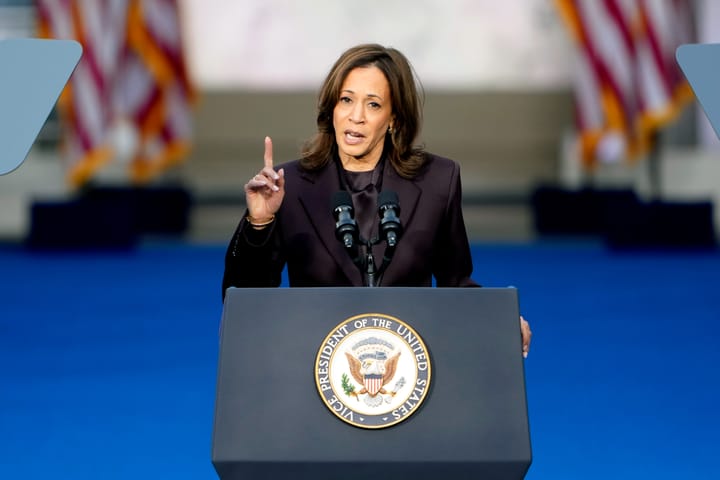A measure that would require all Senate candidates to electronically file campaign finance disclosures to the Federal Election Commission made it into a Senate appropriations bill for the second year in a row.
The Senate Campaign Disclosure Parity Act, sponsored by Montana Sen. Jon Tester, would require that Senate candidates and Senate party committees file their disclosures electronically, something House candidates, presidential candidates, political action committees and party committees have been required to do since 2001.
Currently, Senate campaign committees print their campaign-related reports—which sometimes start out as digital forms—and either mail them or directly hand them to the Secretary of the Senate. Those paper reports—which could be up to hundreds of pages long—are then submitted to the FEC, which then sends the disclosures to an outside contractor that manually enters or scans up to hundreds of pages of data into a digital form for public consumption. The process, depending on how long the reports are, could take weeks or even months to complete, delaying the disclosure reports to the public.
“This bipartisan bill will shed more light on the special interests who are trying to buy our democracy,” said Sen. Jon Tester, sponsor of bill, in a statement. “Our elections aren’t for sale and we are one step closer to increasing transparency, accountability, and restoring rights to the people.”
Despite the measure currently having 54 sponsors, including 11 Republicans, it has stalled for years due to opposition from Senate Majority Leader Mitch McConnell, who stripped it from the appropriations bill last year, according to Tester’s office and Common Cause, a good government group.
“Sen. McConnell is opposed to any common sense transparency or measure,” Aaron Scherb, the director of legislative affairs for Common Cause, told Sludge. Having the release of campaign finance disclosures delayed is “advantageous to Senate Republicans and specifically to [McConnell],” he added.
Enacting the bill into law would save taxpayers roughly $900,000 a year in staff time, resources and contracting, said Michael Beckel, the manager of research, investigations and policy analysis at Issue One, a nonprofit focused on campaign finance issues. Having disclosures filed electronically would make them available almost immediately.
Legislation similar to that sponsored by Tester goes back to 2003. The Senate’s aversion to filing financial disclosures electronically goes back to the 1990s, according to Beckel. At the time Senators had concerns over the institution of the Senate ceding their reporting power to the FEC.
Requests for comment from McConnell’s office on why the measure was stripped from the appropriations bill last year and what McConnell’s concerns are were not immediately returned.



